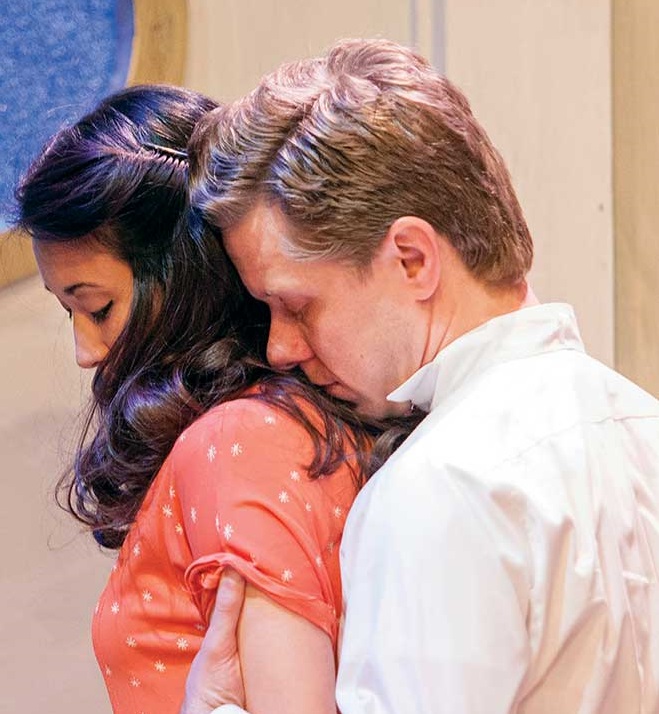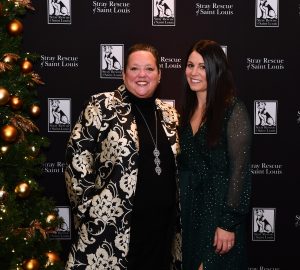The concept of justice was explored in two plays recently, Terence Rattigan’s The Winslow Boy at The Rep and Rob Maesaka’s White to Gray at Mustard Seed. The Winslow Boy concerns itself with a single young naval cadet wrongfully accused of stealing a five schilling postal note; he is eventually exonerated and his name is cleared. It’s right, it’s justice, but it cost the family all their savings; the father, his health; the sister, her marriage; and the brother, his education. In White to Gray, the plot gives us a privation of justice with a broader scope, the abasement of Japanese Americans immediately after the bombing of Pearl Harbor.
The Winslow Boy had an excellent ensemble of actors, and I’m always acutely attracted to shows where the actors are balanced in expertise and impetus—credit there should be given to the admirable direction of Steven Woolf. If the show had ‘stars,’ they were John Ezell’s set and Dorothy Marshall Englis’ costumes. The set was imposing and stylish, one could even say posh. The costumes made you wish they were still the fashion. In general, I take issue with Rattigan’s conception of justice. While absolution may have cost much, at least the family had much to give. If the same had happened in Cheapside, some other mother’s son would have been hauled off to jail, with neither justice nor right available at a poor man’s discount.
White to Gray is a work in progress. The first act is complete, with skilled dialogue and clear plot. The energy between Ben Nordstrom and Fox Smith, as the ingénues, and Nordstrom and Charlie Barron, as best friends, was robust and exhilarating. Paige Russell’s Mrs. Yoshido was a great foil for the action. It’s the second act where we lose a bit of the grace. The conflict feels manipulated and forced, the dialogue devolves into cliché. Luckily, Maesaka was in the audience opening night and, hopefully, realized where the piece still needs some attention. Dunsai Dai’s set and choreographed changes were delightful and worth noting.
Andrew Michael Neiman is back in town and created quite a stir in the heart of this writer with his The Nina Variations by Steven Dietz, presented by Neiman’s new company, Flying Blind Productions. Dietz’s play is a riff on Anton Chekhov’s The Seagull. His anti-heroine, Nina (played exquisitely by Taylor Steward), rewrites the ending between herself and Treplev, (another delicate portrayal by Leo B. Ramsey) over and over. She IS the seagull, but together they are all youth, searching for an original voice in a world where nothing is new. Dietz’s theme is worth discussion, and under Neiman’s dexterous hand, The Nina Variations gives us youthful passion and folly in abundance. I wish more people had seen this play.
Pictured: Fox Smith and Ben Nordstrom in White to Gray
Photo: John Lamb







